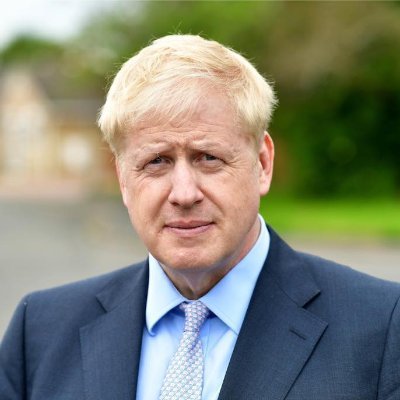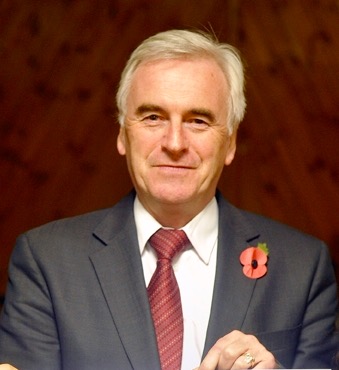Boris Johnson expressed support for gay military ban in historic column
The prime minister backed those opposed to lifting the ban in a 1999 column.
By Will Stroude
Boris Johnson once expressed support for the ban on gay people serving in the British military, it has been revealed.
In a column in The Spectator published in 1999, when Johnson was editor of the publication, the prime minister and Conservative party leader defended those opposed to ending the ban, which was lifted in 2000 by the then-Labour government following a ruling by the European Cour of Human Rights.
Johnson used the same column to complain that the British police had been “cowed” by the Macpherson report into institutuional racism in the force in the wake of Stephen Lawrence’s murder, The Guardian reports.

He wrote: “Across the country, there are many Tories who wish their party leadership would speak up more strongly against, say, gays in the military, or the cowing of the police by the Macpherson report, or the arrest of General Pinochet, or the impending abolition of the oath and the cap badge of the RUC [Royal Ulster Constabulary], or the abolition of the hereditary peers and foxhunting.
“They are, of course, right.”
Labour’s shadow chancellor John McDonnell said the latest discovery showed the prime minister to be “a deeply unpleasant individual” and “a danger to our country”.
“The more we learn, the worse it gets,” he said. “He is a danger to women, to single mothers, the working class, minorities, LGBT+ people, and to anyone who doesn’t look like him.

“He thinks he is born to rule and stands against everything that holds our communities together.”
Johnson has repeatedly come under fire for the offensive language used during his time as a journalist, which included columns in which here referred to black people as “piccaninnies” with “watermelon smiles”, and gay men as “tank-topped bumboys”.
However, after being elected to parliament in 2001, Johnson went on to vote for the repeal of Section 28 and for civil partnerships, and became one of the first high-profile politicians to publicly back marriage equality in 2010 while he was serving as Mayor of London.
